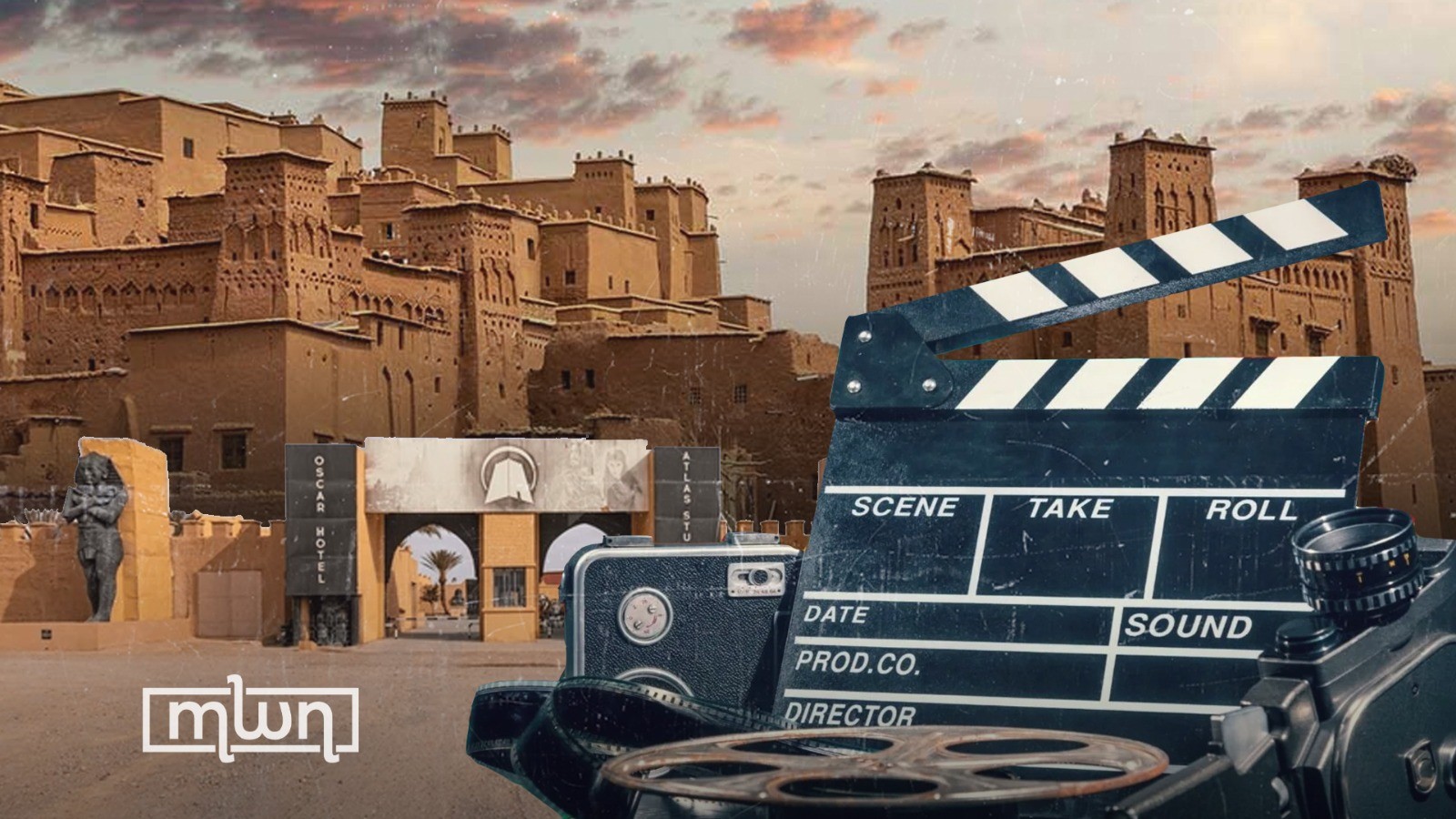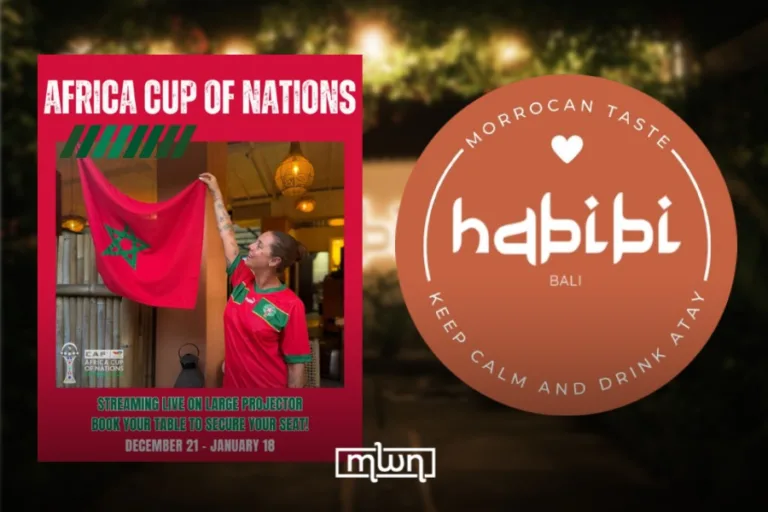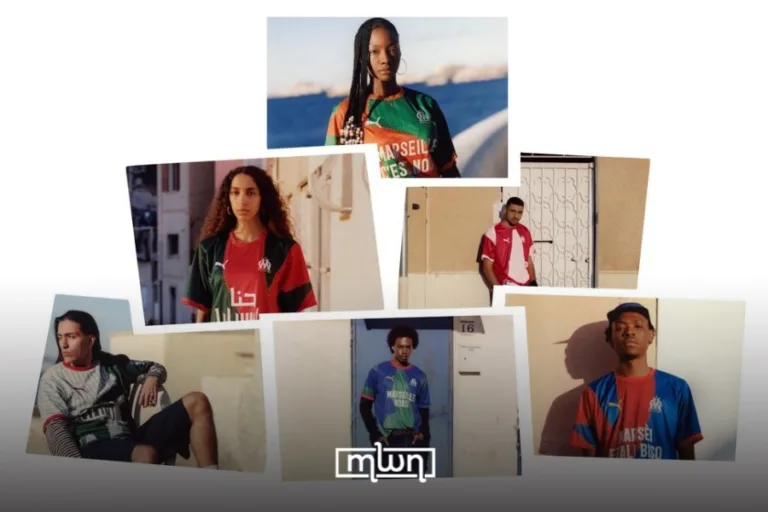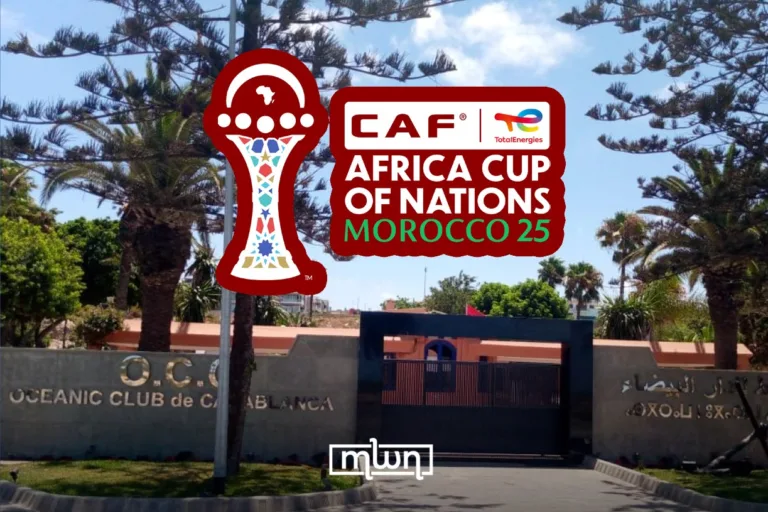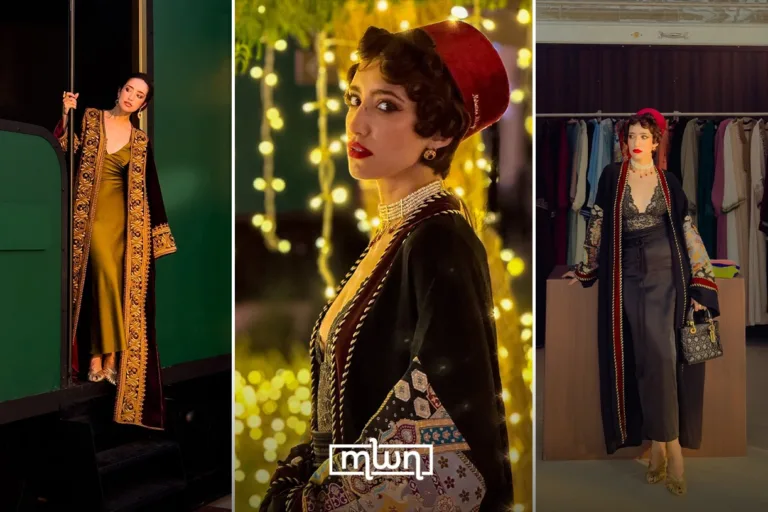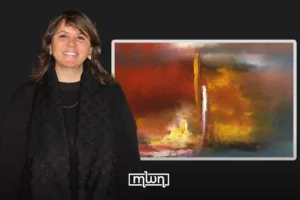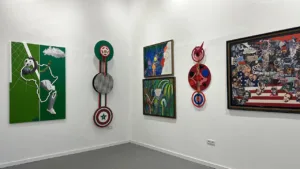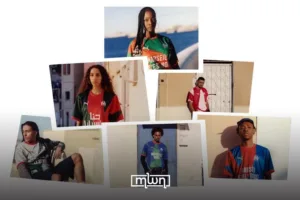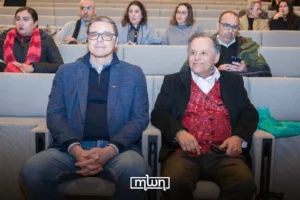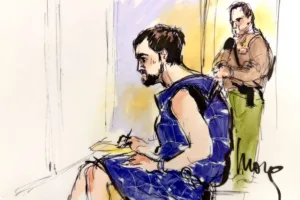Over the past decade, Morocco has emerged as a filming hub as foreign studios flock to the country’s sand-swept deserts and ancient kasbahs. But beyond boosting tourism, this cinematic renaissance has also profoundly impacted Morocco’s homegrown film industry.
With Hollywood heavyweights opting to shoot in Morocco over California soundstages, domestic films and filmmakers have reaped benefits but also faced drawbacks from the spotlight.
On one hand, the influx of international productions has created jobs, trained local talent, and brought in funding sources. Yet worries persist that Morocco’s cultural voice in cinema may become diluted amidst imported blockbusters catering to foreign audiences. The protection of national identity remains vital as the country straddles global and local cinema.
Building Local Talent
International productions have created jobs and built capacity among Moroccan crews, technicians, and film professionals. Big-budget films need huge teams, so locals work in specialized departments like set design, lighting, makeup, and logistics management to gain technical skills.
Some domestic filmmakers start out assisting foreign directors then ultimately helm their own high-quality Moroccan productions. Nabil Ayouch, a breakout director, got his start as an assistant then leveraged his international experience to direct critically acclaimed films like “Razzia.”
Studios like CLA Studios have also launched training programs to develop below-the-line talent in areas like sound engineering and set-building. Building this local expertise paves the way for more homegrown films.
Threat of Cultural Dilution
However, some analysts argue that the influx of foreign productions may dilute Morocco’s cultural identity in cinema. Hollywood depictions often rely on Orientalist tropes of an exoticized “Middle East” rather than exploring Moroccan identity. And big-budget action flicks showcase limited slices of culture.
In contrast, the best Moroccan directors spotlight contemporary society and marginalized voices to convey authentic local experiences. Films like “Ali Zaoua: Prince of the Streets” poetically capture the lives of street children.
As international studios utilize Morocco, domestic filmmakers have expressed concern about losing cinema’s role in cultural expression. The art form must continue reflecting society’s realities, not just taxiing tourists through an exotic sandbox.
The Road Ahead for Moroccan Cinema
Morocco’s film industry has reached a pivotal moment with one foot in Hollywood and the other locally rooted. As the nation’s star continues rising in global entertainment, it is becoming increasingly vital to maintain a distinctly Moroccan cinematic identity. Further investing in homegrown talents allows local perspectives to shine through. Co-productions pairing Moroccan directors with international backing provide a balanced approach. Festivals like the prestigious highly rated Marrakech International Film Festival highlight regional cinema.
Ultimately, Moroccan cinema needs voices from beyond big-budget studio shoots to flourish. As screens illuminate Morocco’s sand dunes, kasbahs, and medinas for international audiences, domestic films must continue kindling the nation’s unique cinematic spirit.
Looking ahead, maintaining a balanced yet distinctly Moroccan cinematic identity will be key for the film industry’s development.
With strategic support for emerging talent and locally rooted stories, Morocco can continue shining a light on its unique cultural perspectives for both domestic and international audiences. As its star rises across screens worldwide, the nation now has the opportunity to share its narrative on its own terms.

